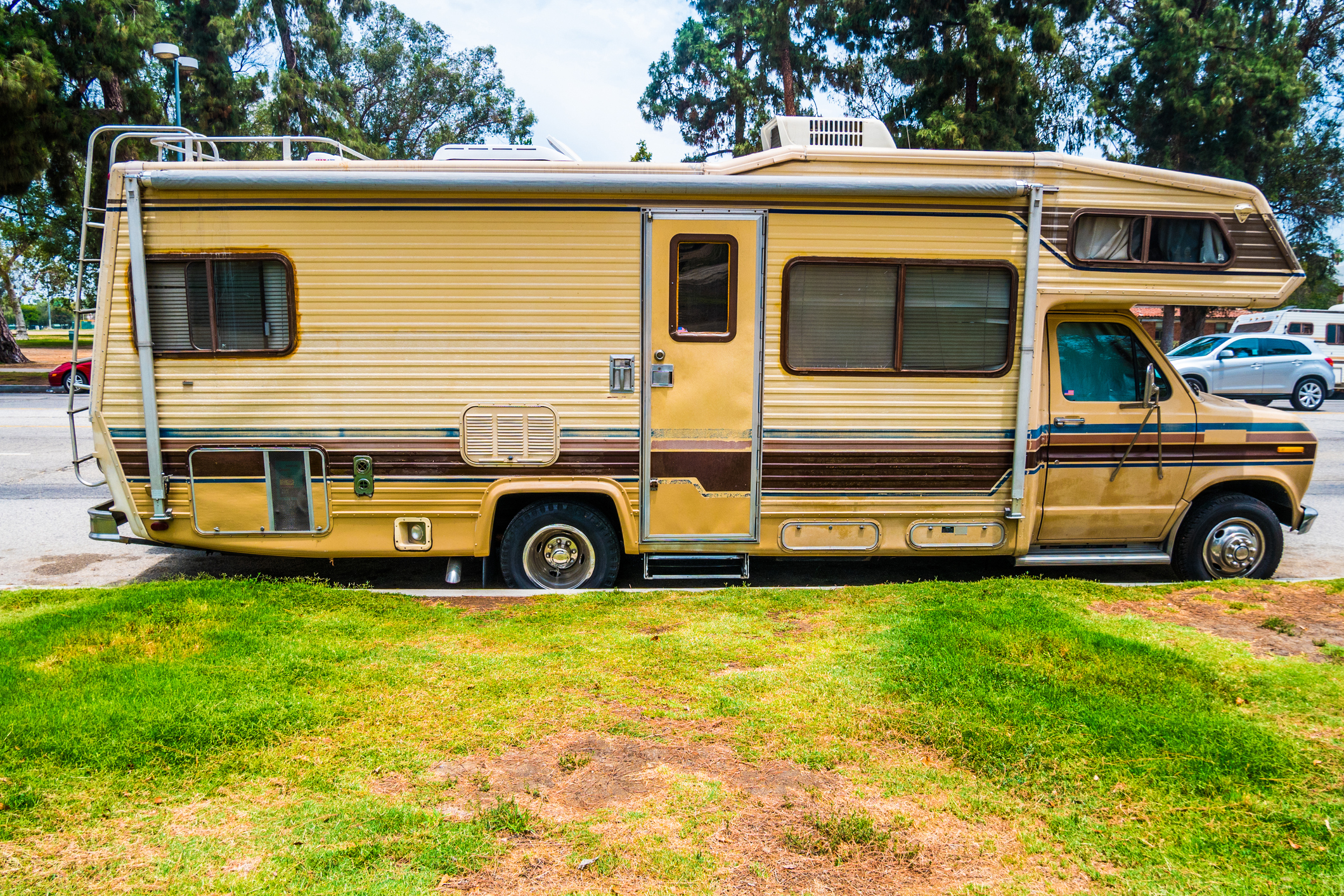Author: Justin Mckibben
It is not secret that America is struggling with a drug problem. Overdose rates are ever increasing, the death toll reaches new heights and the world is watching to see how politicians and communities plan to address these mounting issues. The opiate epidemic far too obvious for too many people, and there is a great need for new policies and new ideas for innovating treatment. Now, a small crew has created a mobile drug treatment van to take recovery on the road and provide resources to those suffering.
Maine’s New Mobile Drug Treatment Van
Two Mainers, who are themselves recovering heroin addicts, are setting out on a mission to try and heal communities will education and treatment options. The mobile drug treatment van will travel throughout the city of Sanford, Maine to bring harm reduction services and offer recovery options to the areas most impacted by opioid abuse. The mobile drug treatment vehicle is equipped to offer:
- Clean syringes
- Clean needles
- Naloxone
- Testing for HIV and other diseases
- Connecting addicts to treatment options
The new mobile drug treatment is a prevention-based project from the non-profit Choopers Foundation. The Choopers Foundation is a local effort that serves to educate the public on addiction and the need for drug policy reform. According to its website, the foundation’s projects also include:
- A syringe exchange center in Lewiston
- The Overdose Warning Network app, which is to assist first responders in entering overdose incident data
- Chooper’s Guide, a directory and resource for those seeking addiction treatment services
The two men taking this road trip for recovery are the Choopers Foundation co-founders, Tim Cheney and Adrian Hooper. Given the fact they are both in long-term recovery, they work from an experience many may not understand. Adrian Hooper recently told the Associated Press,
“We reach out to people, treat them with dignity and say we’re here for you to create treatment plans if you ever want to,”
The effort to make a difference in Maine makes plenty of sense.
Other Mobile Drug Treatment Efforts
This isn’t the only case of a mobile drug treatment idea hitting the streets to try and save lives. A similar initiative in rural areas of western Pennsylvania has been delivering monthly injections of Vivitrol. Vivitrol is a medication that blocks the effects of opioid drugs.
This program, the PRS mobile drug treatment clinic, is operated by a private clinic in Washington County. It was put in place to ensure that people living in remote areas are following up on the treatment options provided through this private clinic. The PRS mobile drug treatment is operated from a trailer hitched to a Ford pickup truck.
The mobile drug treatment resource set out to expand its access to people across several counties, giving services to unfunded patients.
Could Mobile Drug Treatment Work?
Having a resource like this is pretty unique. Providing intervention and harm reduction on-the-go could bring much needed opportunities to people who otherwise might not know they exist. Some people are even afraid to ask for help, so maybe making help come to them could work.
Daniel Raymond of the Harm Reduction Coalition says this type of mobile drug treatment program is able to intervene early, before the individual ends up in the hospital or even dead. Creating a traveling resource that can go into different communities may bring more people into the fold who have barely survived on the fringes. Instead of requiring people to find and seek out clean needles, HIV testing or addiction rehabilitation, the mobile drug treatment option can drive a second chance to your neighborhood and park it right outside your door.
Mobile drug treatment might actually carry the message of recovery to new places. Let us hope that it can pick up some hitchhikers and save some lives along the way.
